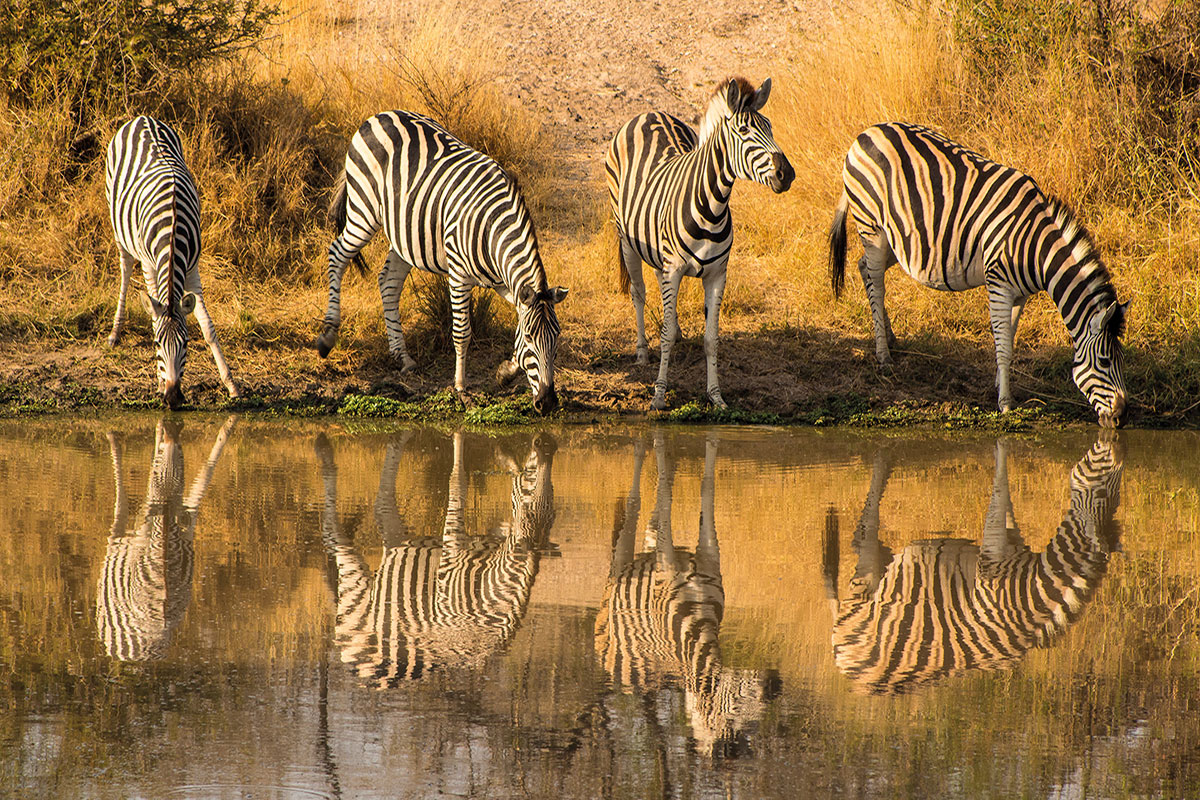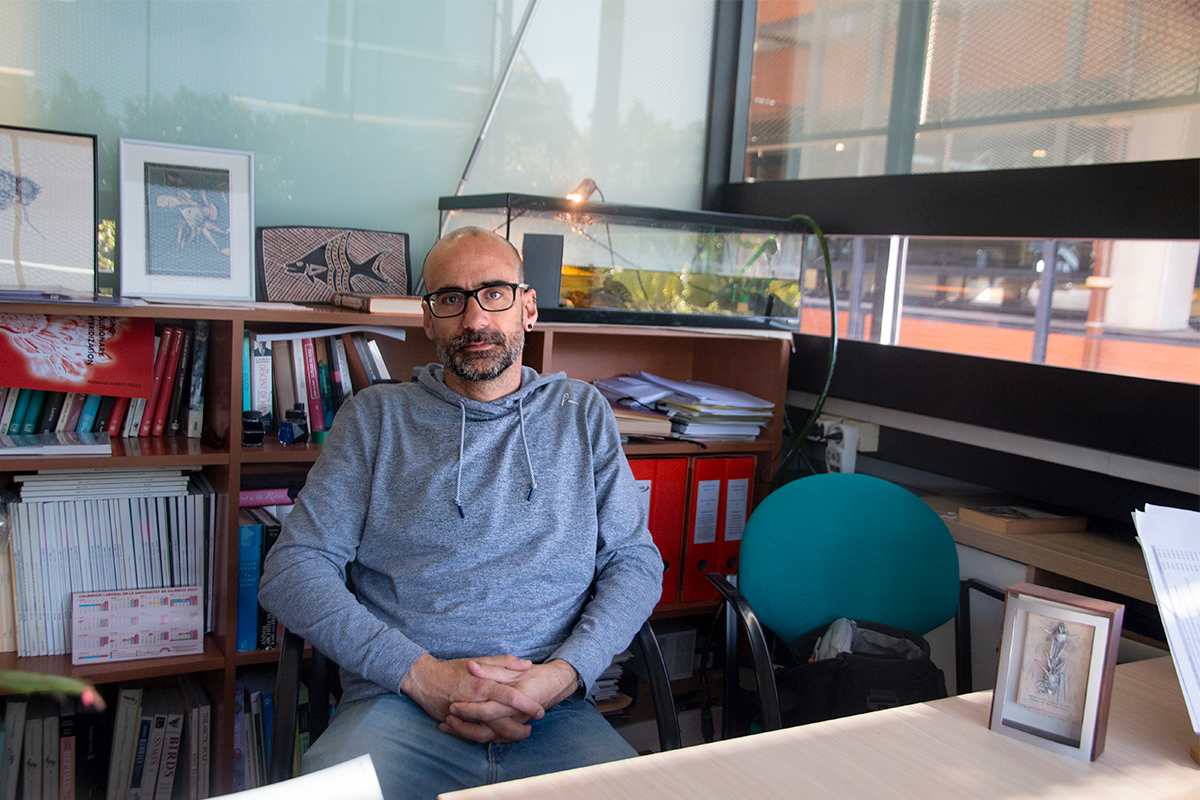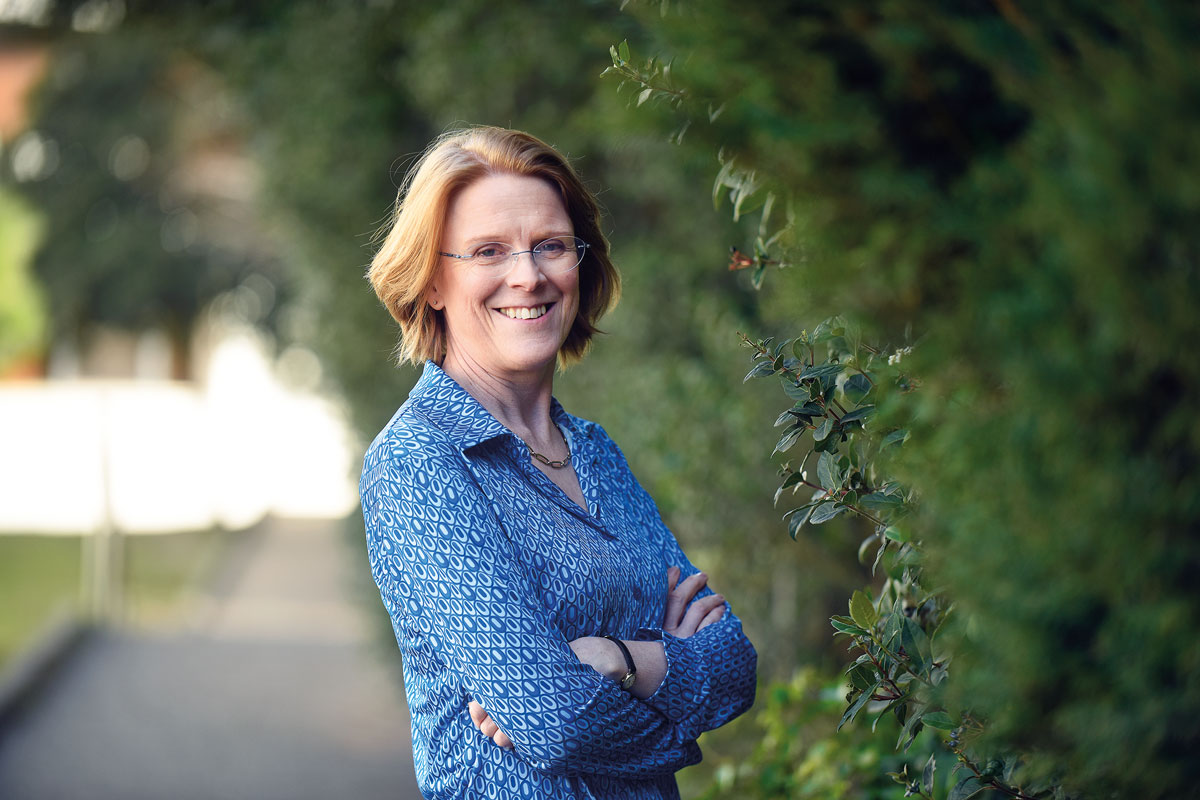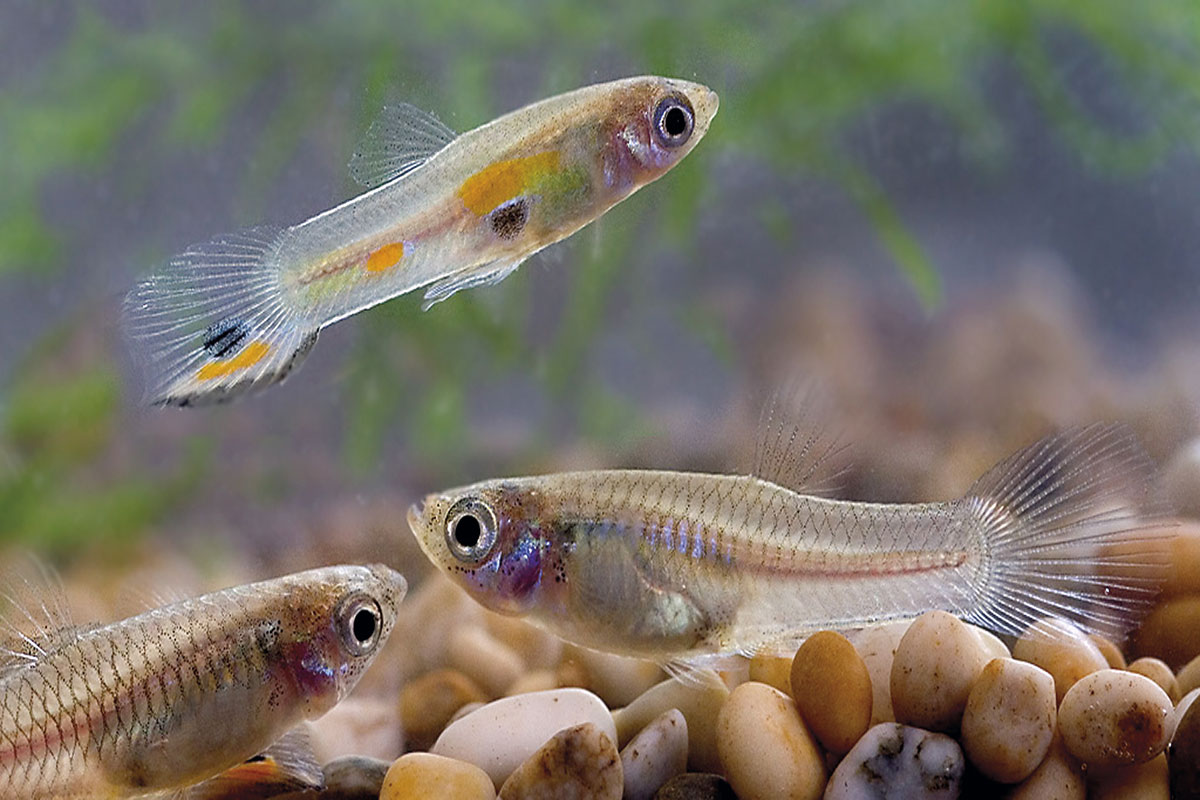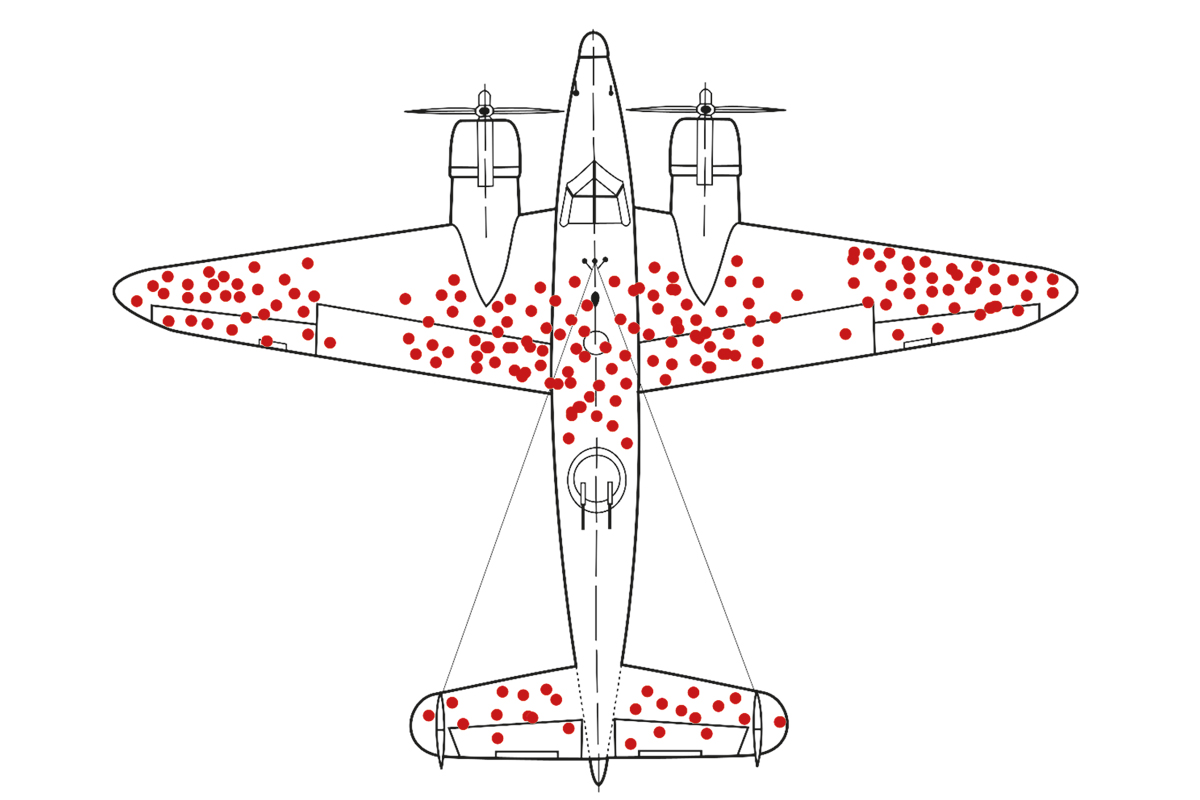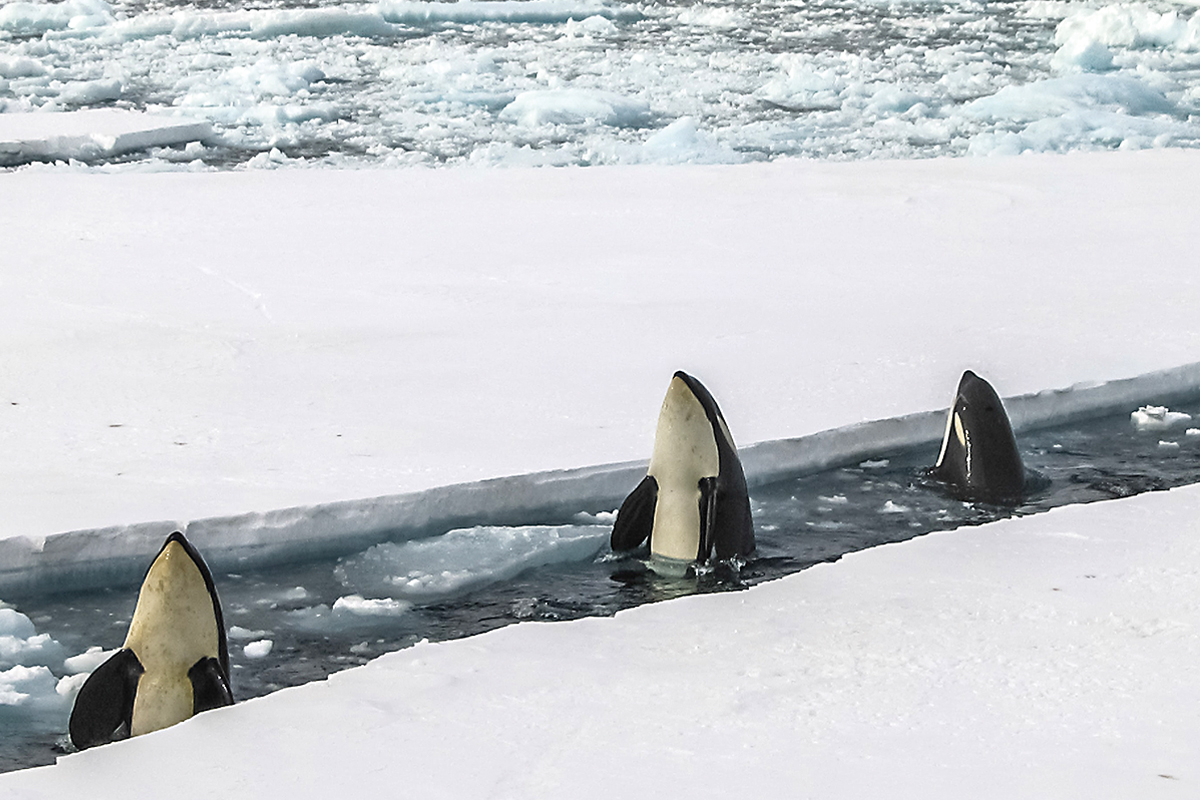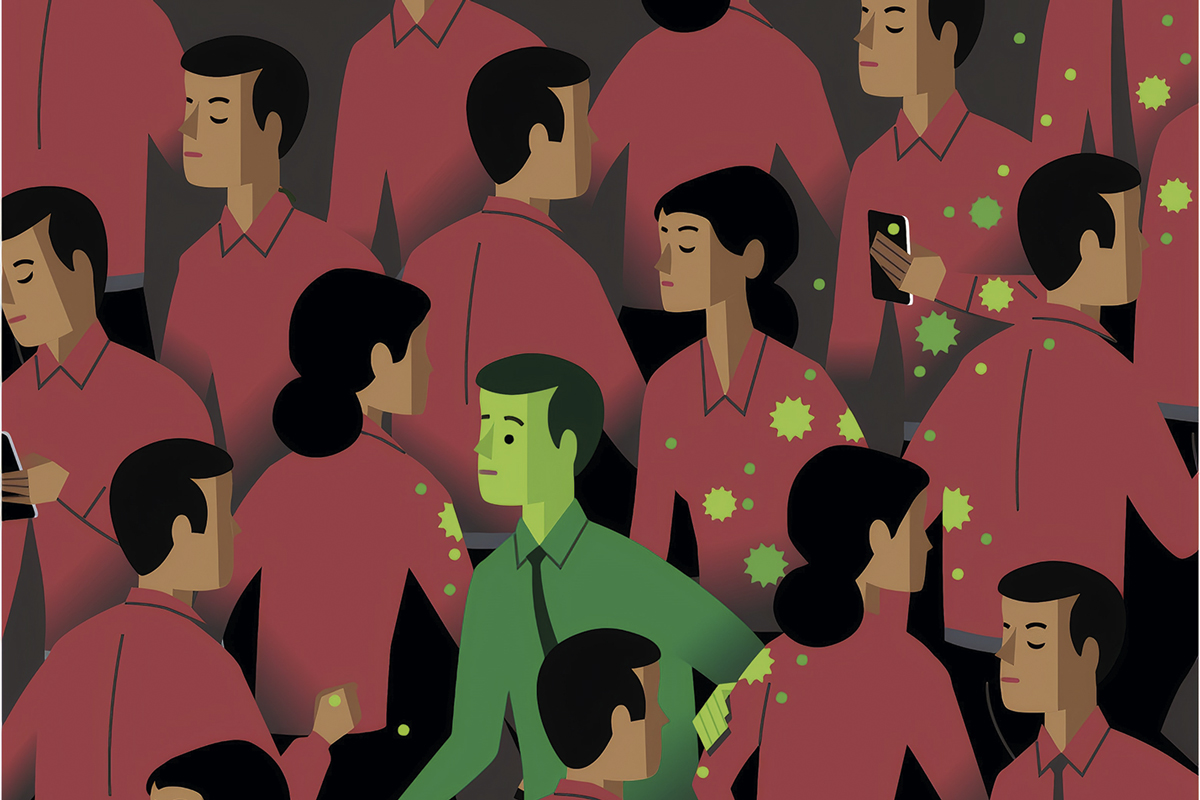Search
Pau Carazo
Professor of Zoology at the University of Valencia and researcher at the Cavanilles Institute of Biodiversity and Evolutionary Biology of the University of Valencia (Spain). PhD in Ethology. He studies the evolution of ageing and animal communication, and the role of ecology in sexual selection and sexual conflict.
The real story of how and why the zebra has stripes is an evolutionary mystery that has puzzled ethologists and evolutionary biologists for over a hundred years.
In this new Science Space, we visit the Cavanilles Institute of Biodiversity and Evolutionary Biology, where Pau Carazo studies the evolution of behaviour and sexual selection.
Loeske Kruuk's studies have promoted the analysis of quantitative genetics in natural populations and its use to test the foundations of evolutionary theory.
In various species of animals, females exhibit marked preferences for individuals with relatively rare ornaments.
It seems that the fear of death is not unique to our species. The responses of some animals in the face of death may be associated with emotions similar to those we experience when we bury our own.
«We can learn from biology that it can be very important to tolerate mistakes»
Interview with Andreas Wagner
We talk to evolutionary biologist Andreas Wagner, a reference in the study of evolutionary innovations.
Humans have a series of biases, including survivorship bias. Some of them seem to be adaptive, and others, limitations in our ability to assimilate information.
To talk about life is to talk about cooperation. In a world dominated by Darwinian competition, how has cooperation come to play such an important role?
Oral storytelling may have had evolutionary benefits at both the individual and group levels, and may have conferred evolutionary advantages.
Embracing an evolutionary perspective thus helps to explain why men and women react differently to certain infectious diseases and to understand (and combat) the strategies of viruses in their relentless evolutionary race to infect and spread among us.

